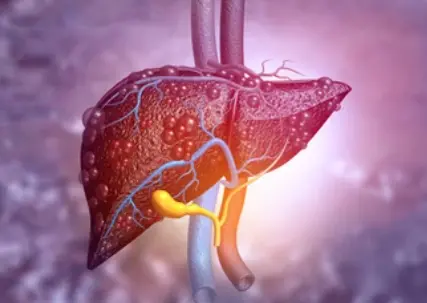 Welcome
Welcome
“May all be happy, may all be healed, may all be at peace and may no one ever suffer."
Gouty arthritis - Generics
Gouty arthritis, commonly known as gout, is a type of arthritis caused by the accumulation of uric acid crystals in the joints. Uric acid is a waste product produced by the body when it breaks down purines, which are substances found in many foods and beverages.
When uric acid levels become too high, the excess uric acid can form crystals in the joints, leading to inflammation, pain, and stiffness. The joint most commonly affected by gout is the big toe, but gout can also affect other joints, such as the ankles, knees, wrists, and elbows.
Symptoms of gouty arthritis typically include sudden and severe pain, swelling, redness, and warmth in the affected joint. The pain and swelling can be so severe that even the weight of a bedsheet can cause discomfort. Gout attacks often occur at night and can last for several days.
Treatment for gouty arthritis involves managing pain and inflammation with nonsteroidal anti-inflammatory drugs (NSAIDs) or colchicine, and reducing uric acid levels with medications such as allopurinol or febuxostat. Lifestyle changes such as losing weight, limiting alcohol and purine-rich foods, and staying hydrated can also help reduce the risk of gout attacks.
If left untreated, gouty arthritis can lead to chronic joint damage and deformity, so it is important to seek medical treatment if you suspect you have gout.

Surgical Prophylaxis

Prevent nitrogen loss

Bacterial infections

Scrub typhus

Premenstrual syndrome

Kidney disease

Infantile eczema

Loefflers syndrome
Gouty arthritis, গাউটি বাত
To be happy, beautiful, healthy, wealthy, hale and long-lived stay with DM3S.